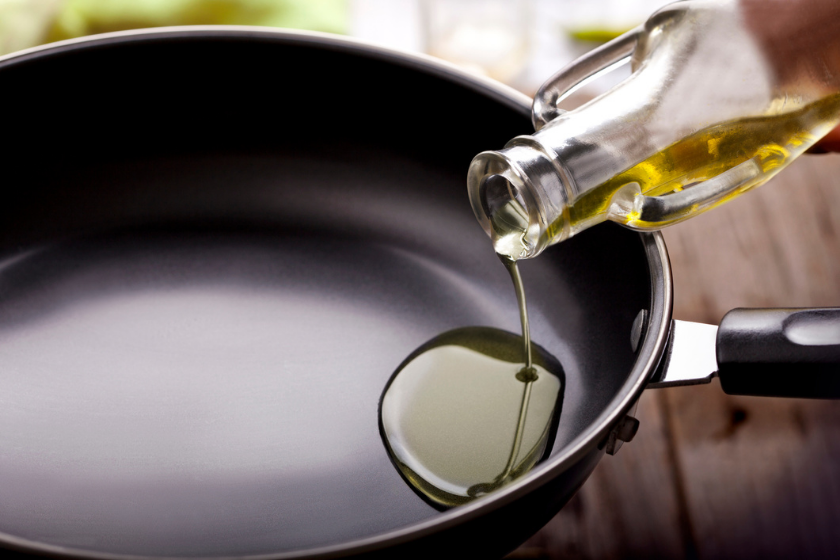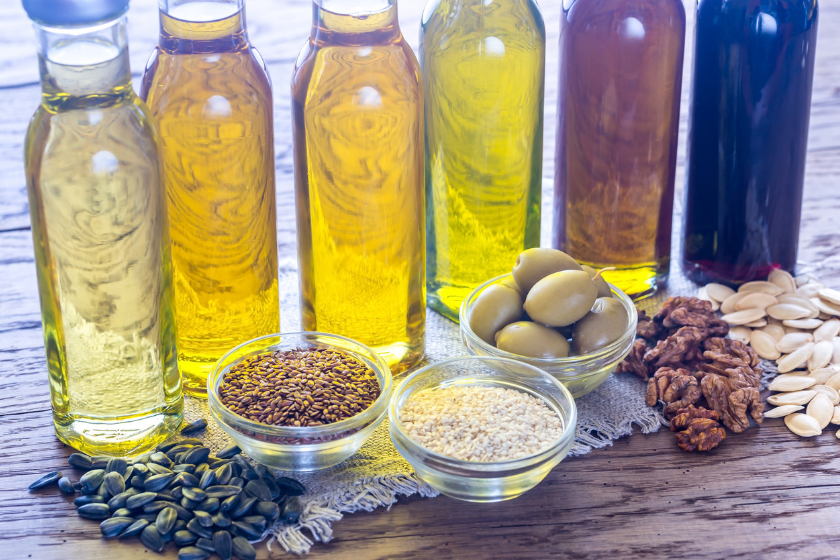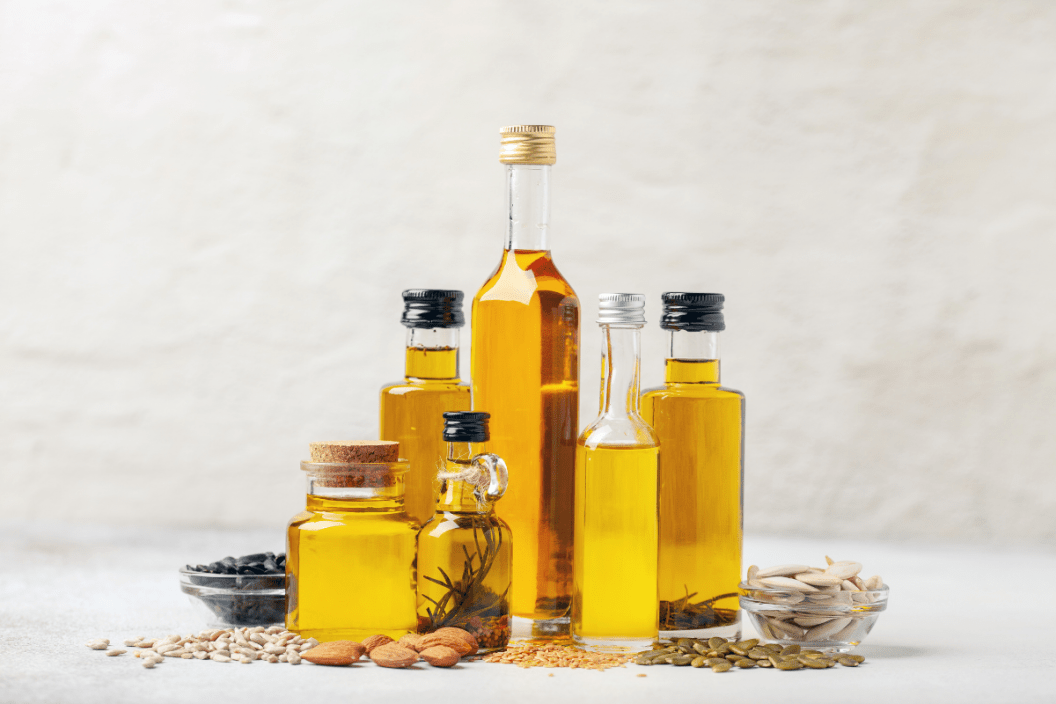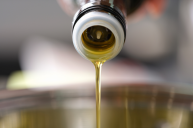Home cooks and bakers alike know the struggle of needing several different ingredients to prepare their meals. One of the ingredients that cause the most confusion is cooking oils, specifically canola oil vs vegetable oil. Read on to see if there really is any difference between the two.
Videos by Wide Open Country
What is Canola Oil

Canola oil is also known as rapeseed oil. This oil is made from the seeds of the rapeseed plant, aka the canola plant. The oil made from the rapeseed plant originally wasn't safe for human consumption. The oil contains high levels of erucic acid which can be toxic. Once the plant was crossbred in the 1970's it became safe for human consumption.
Canola oil's neutral flavor and high smoke point make it the perfect oil high heat cooking and deep-frying.
- Canola oil's smoke point is 400 degrees Fahrenheit. Its high smoke point means you can use canola oil for all types of cooking without worrying about it smoking.
If you don't have canola oil on hand you can substitute it with sunflower oil or grapeseed oil.
What is Vegetable Oil?
Vegetable oil is made from plants, seeds, grains, nuts, or fruits. Most vegetable oils on the market are soybean oil. Vegetable oil can be mixed with corn oil, cottonseed, or soybean oil.
Many other types of popular oils are classified as vegetable oils. These types of oil include coconut oil, avocado oil, sesame oil, peanut oil, and safflower oil.
- The smoke point of vegetable oil is around 450 degrees Fahrenheit, making it great for grilling meats and vegetables.
Can I Substitute the Two?

Canola oil is a type of vegetable oil since it's made from a seed. Both oils produce a neutral taste and can handle high-temperature cooking. These oils can be used interchangeably and not affect the flavor.
Since both oils have neutral flavors, they are great for making salad dressings. Both oils can also be used for sauteing, stir-frying, deep-frying, and baking.
The main difference between the two is their fat content. Canola oil has low saturated fat and zero trans fat. This oil is considered heart-healthy because it is a good source of monounsaturated fat.
Extra virgin olive oil is the healthiest oil to use with the most antioxidants. It's the best oil for heart health due to its high levels of monounsaturated fats. This type of fat can help lower bad cholesterol levels.
If you're looking for an oil with extra health benefits, try flaxseed oil. Flaxseed contains omega-6 fatty acids, as well as polyunsaturated fats. Higher levels of omega-6 can lower your risk for heart disease. It's great for drizzling on top of salad or dips.
If you're concerned about health, avoid palm oil. Palm oil has equal parts saturated and unsaturated fat. It's also a calorie-dense oil.
How to Store
Both oils need to be kept in a cool, dark place for proper storage. Make sure the oil is tightly sealed and kept in a room temperature pantry. You'll know the oil has gone bad if it smells rancid.




